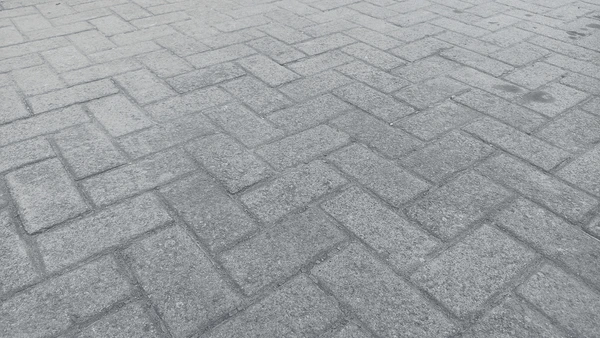
What Type of Driveway Is Best for Your Home? A Comprehensive Guide
When it comes to enhancing your home’s curb appeal and functionality, few elements play as
When it comes to enhancing your home’s curb appeal and functionality, few elements play as crucial a role as your driveway. It’s not just a path to your garage; it’s the red carpet that welcomes you home every day. But with so many options available, how do you choose the best driveway for your home? Let’s embark on a journey through the world of driveways, exploring materials, costs, and considerations to help you make the perfect choice for your slice of paradise.
The Importance of a Well-Chosen Driveway

Before we dive into the types of driveways, let’s consider why this decision matters so much:
- First impressions count: Your driveway is often the first thing visitors see.
- Functionality is key: It needs to support the weight of vehicles and withstand local weather conditions.
- Property value: A well-designed driveway can significantly boost your home’s value.
- Longevity: The right choice can last for decades with proper maintenance.
Now, let’s explore the most popular driveway options, their pros and cons, and who they might suit best.
Concrete Driveways: The Classic Choice
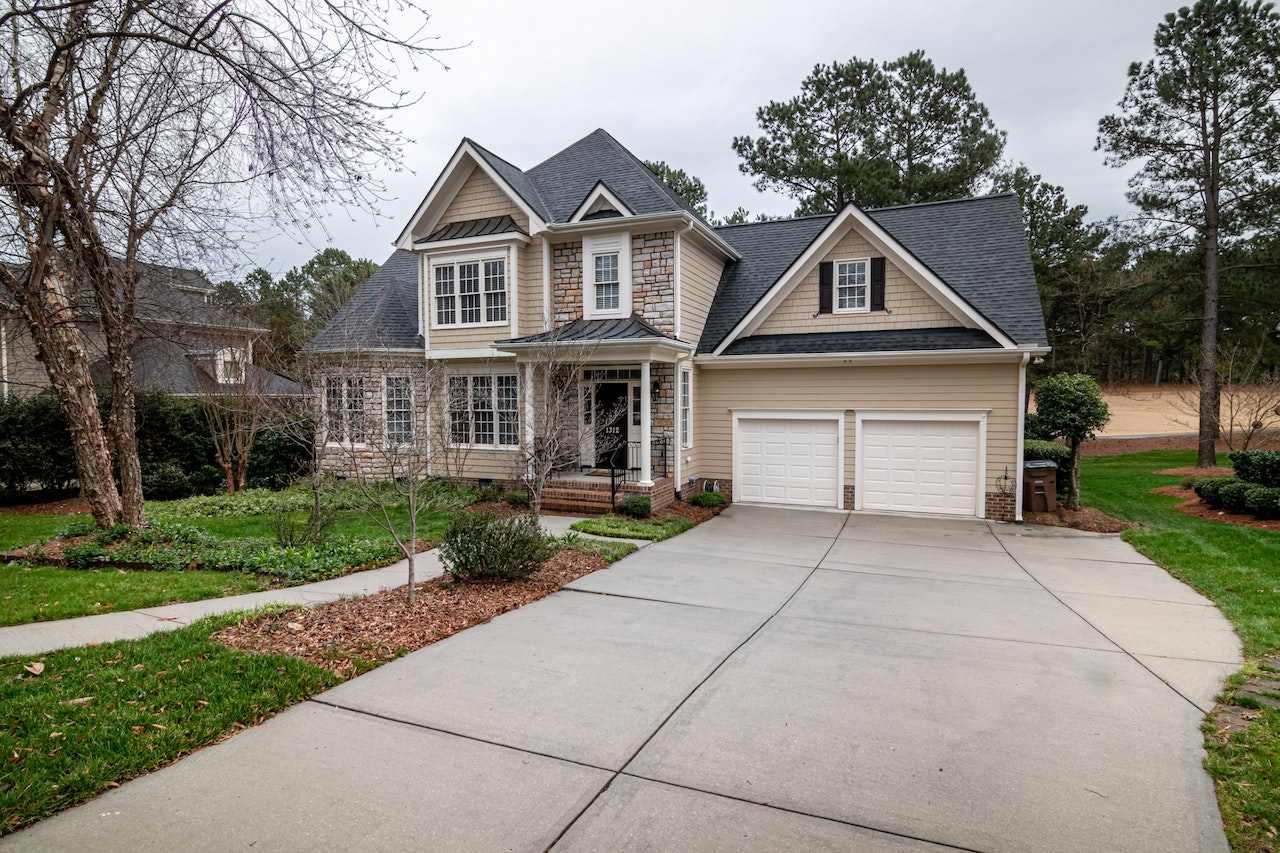
Concrete driveways are a staple in many neighborhoods, and for good reason.
Pros:
- Durability (can last 30+ years with proper care)
- Low maintenance
- Versatility in design (can be stamped or colored)
- Excellent for hot climates
Cons:
- Can crack in extreme cold
- Stains easily
- Repairs can be noticeable
Best for:
Homeowners looking for a long-lasting, low-maintenance option who don’t mind a traditional look.
Asphalt Driveways: The Economical Option
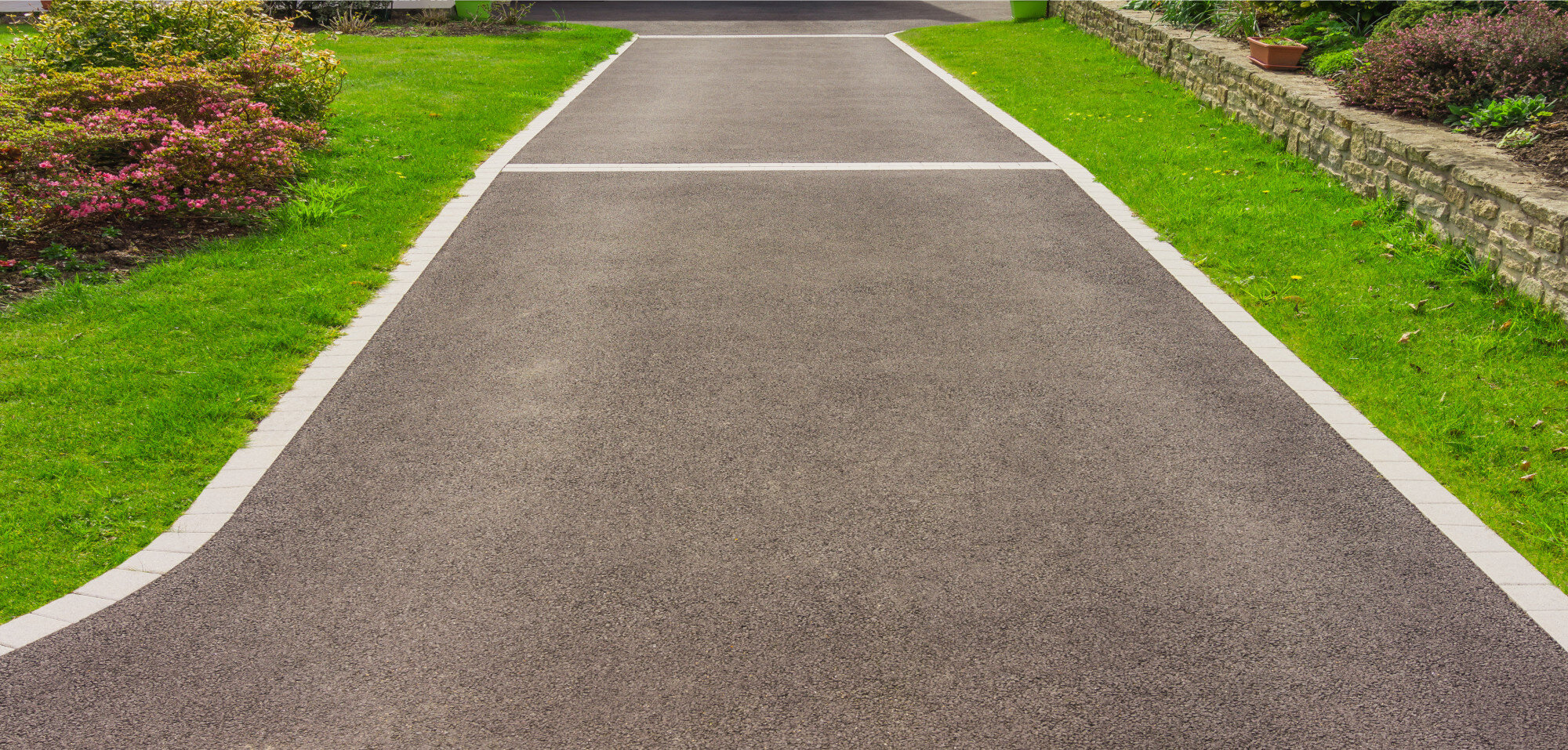
Asphalt driveways offer a sleek, dark appearance and are favored in colder climates.
Pros:
- Cost-effective
- Quick installation
- Handles cold weather well
- Easy to repair
Cons:
- Requires regular maintenance (sealing every 3-5 years)
- Can soften in extreme heat
- Limited design options
Best for:
Budget-conscious homeowners in areas with harsh winters who don’t mind some ongoing maintenance.
Gravel Driveways: Rustic Charm
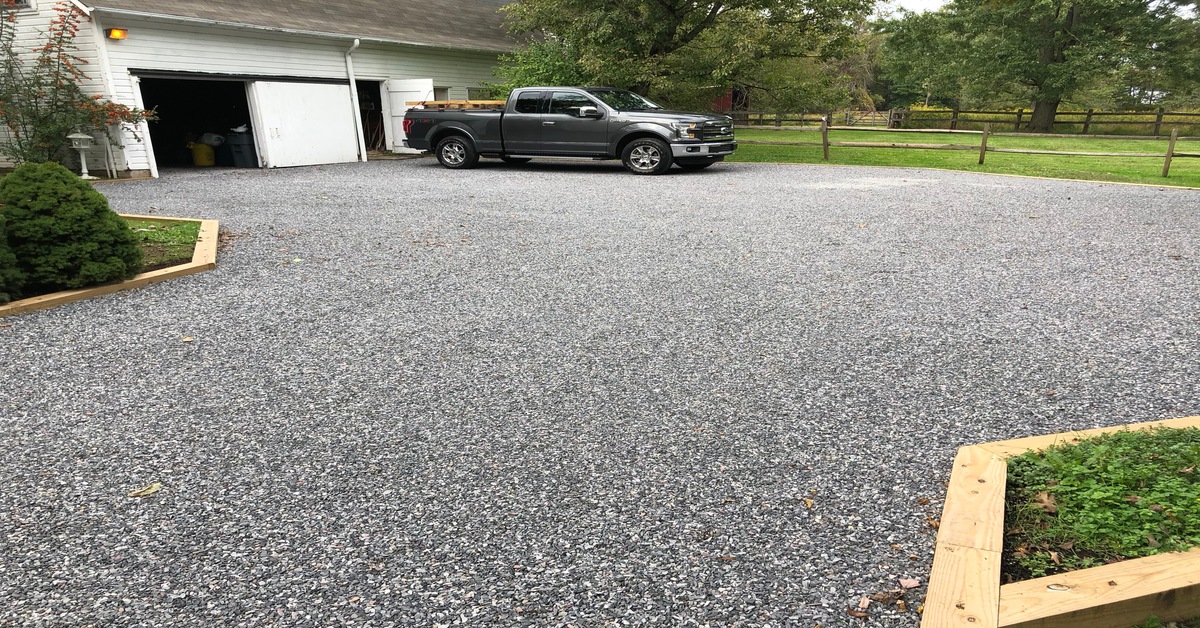
For those seeking a more natural, rustic look, gravel driveways offer a unique appeal.
Pros:
- Inexpensive
- Excellent drainage
- Easy DIY installation
- Environmentally friendly
Cons:
- Requires regular maintenance (raking, adding new gravel)
- Can be messy (gravel can spread to lawns)
- Not ideal for snowy climates (difficult to plow)
Best for:
Rural or countryside homes where a natural look is desired and budget is a consideration.
Paver Driveways: Elegance and Versatility
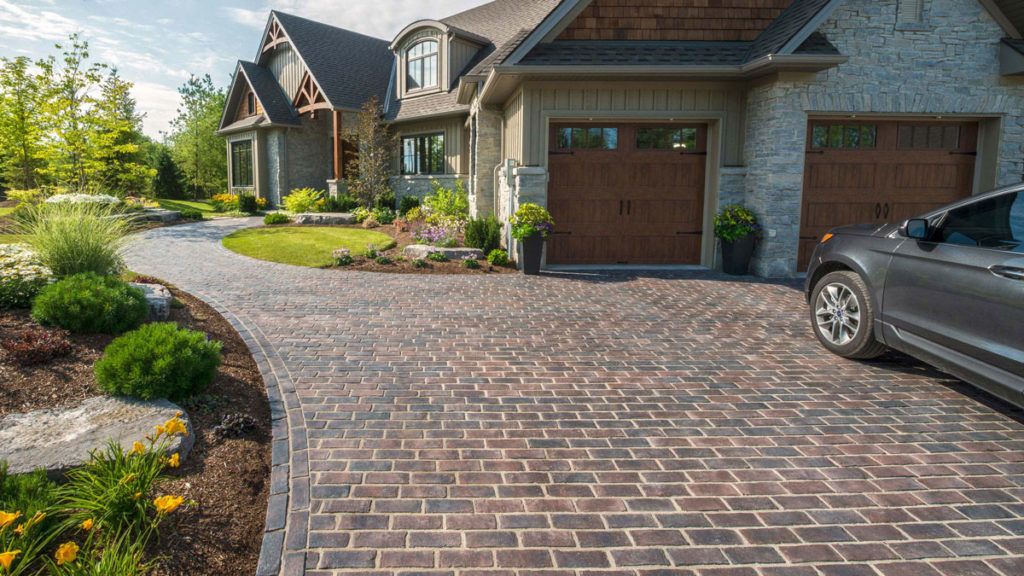
Paver driveways offer unparalleled design flexibility and a touch of luxury.
Pros:
- Vast array of design options
- Easy to repair (individual pavers can be replaced)
- Excellent drainage (when installed correctly)
- Adds significant curb appeal
Cons:
- Higher upfront cost
- Installation can be time-consuming
- May require occasional re-leveling
Best for:
Homeowners looking to make a statement with their driveway and who value customization options.
Permeable Driveways: The Eco-Friendly Choice
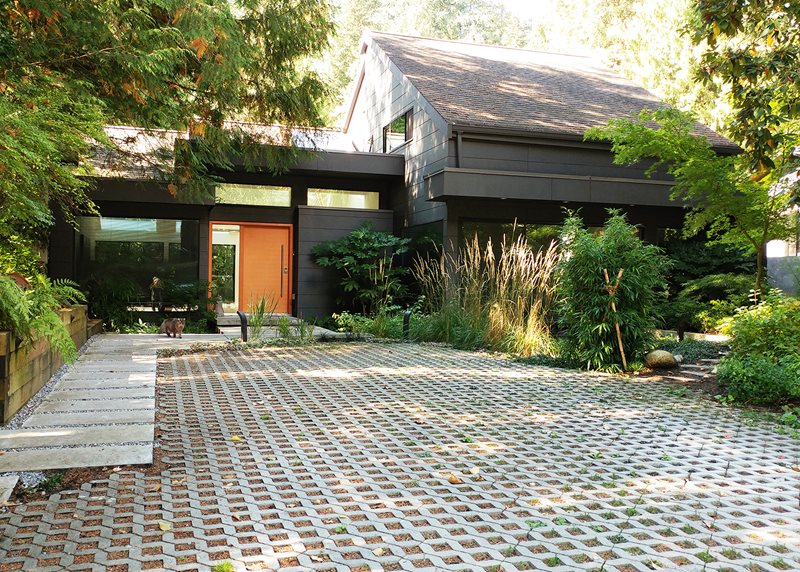
As environmental concerns grow, permeable driveways are gaining popularity.
Pros:
- Excellent for water management and drainage
- Environmentally friendly
- Can help meet local regulations for water runoff
- Various material options (permeable concrete, pavers, or asphalt)
Cons:
- Higher initial cost
- Requires specific maintenance to keep pores clear
- May not be suitable for all climates
Best for:
Environmentally conscious homeowners or those dealing with strict local water management regulations.
Factors to Consider When Choosing Your Driveway
Selecting the best driveway for your home isn’t just about aesthetics. Consider these factors:
- Climate: Your local weather patterns play a huge role. Freeze-thaw cycles, extreme heat, or heavy rainfall can affect different materials in various ways.
- Budget: Both initial installation costs and long-term maintenance expenses should factor into your decision.
- Maintenance: How much time and effort are you willing to invest in keeping your driveway looking great?
- Aesthetics: Your driveway should complement your home’s architecture and landscaping.
- Durability: Consider how long you want your driveway to last and what kind of use it will endure.
- Local Regulations: Some areas have restrictions on driveway materials or runoff management.
- Resale Value: If you’re planning to sell in the future, consider how your driveway choice might impact your home’s value.
DIY vs. Professional Installation
While some driveway options (like gravel) lend themselves to DIY installation, others require professional expertise. Here’s a quick rundown:
DIY-Friendly Options:
- Gravel driveways
- Some paver installations (for experienced DIYers)
Professional Installation Recommended:
- Concrete driveways
- Asphalt driveways
- Most paver installations
- Permeable driveways
Remember, a professionally installed driveway often comes with warranties and guarantees that can provide peace of mind and potentially save money in the long run.
Maintaining Your New Driveway
No matter which type of driveway you choose, proper maintenance is key to longevity and appearance. Here are some general tips:
- Regular Cleaning: Sweep and hose down your driveway to prevent staining and debris buildup.
- Seal Coatings: Apply appropriate sealants as recommended for your driveway type.
- Crack Repair: Address small cracks promptly to prevent them from expanding.
- Weed Control: For gravel and paver driveways, keep an eye out for weeds and remove them promptly.
- Snow and Ice Management: Use appropriate de-icing methods that won’t damage your driveway material.
Frequently Asked Questions About Driveways
Q: How long should a driveway last?
This varies by material. Concrete can last 30+ years, asphalt 20-30 years, pavers 30-40 years, and gravel indefinitely with proper maintenance.
Q: Can I change my driveway material?
Yes, but it often involves removing the existing driveway first, which can add significantly to the cost.
Q: Are heated driveways worth it?
Heated driveways can be a luxurious addition in snowy climates, eliminating the need for shoveling. However, they come with high installation and operating costs.
Q: How wide should a driveway be?
A single-car driveway should be at least 10-12 feet wide, while a two-car driveway should be 20-24 feet wide for comfortable use.
Q: Can I install a driveway myself to save money?
While gravel driveways can be a DIY project, most other types require specialized equipment and expertise for proper installation.
Conclusion: Paving the Way to Your Perfect Driveway
Choosing the right driveway for your home is a significant decision that balances aesthetics, functionality, budget, and maintenance considerations. Whether you opt for the classic appeal of concrete, the affordability of asphalt, the charm of gravel, the elegance of pavers, or the eco-friendliness of permeable options, your driveway will play a crucial role in your home’s overall appearance and value.
Remember, there’s no one-size-fits-all solution. The best driveway for your neighbor might not be the best for you. Take the time to weigh your options, consider your specific needs and preferences, and don’t hesitate to consult with professionals before making your final decision.
Your perfect driveway is out there, ready to welcome you home for years to come. So, take that first step, and soon you’ll be pulling into a driveway that not only meets your needs but exceeds your expectations. After all, every great journey begins with a single drive – make yours count!
You Can Also Read Here Elevate Your Home with Plantation Shutters: A Style Guide
